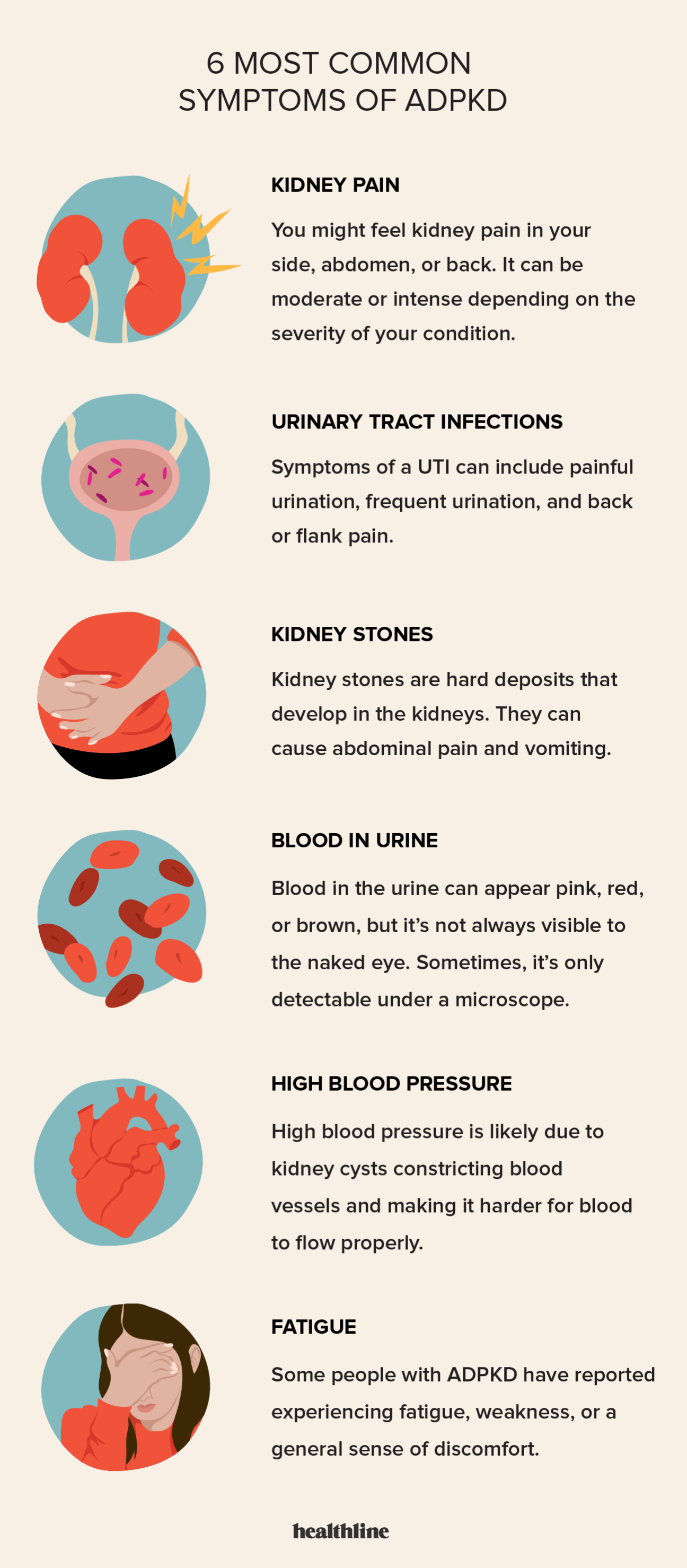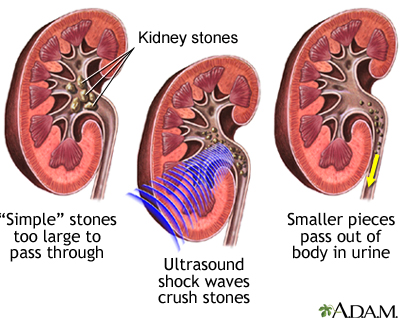Kidney Stones vs UTI: Recognizing the Overlapping Effects and Therapy Methods
Kidney Stones vs UTI: Recognizing the Overlapping Effects and Therapy Methods
Blog Article
Discovering the Symptoms and Causes of Kidney Stones in Contrast to Urinary System Tract Infections: An In-depth Overview
The expedition of kidney rocks and urinary system system infections (UTIs) discloses an intricate interaction of signs and symptoms and underlying reasons that necessitate mindful exam. What are the key distinctions in their signs and symptoms, and just how might these educate therapy approaches?
Review of Kidney Stones
Kidney stones, likewise called renal calculi, form when certain materials in the pee crystallize and accumulation, causing the advancement of difficult deposits within the kidneys. These rocks can differ in dimension, ranging from a grain of sand to a golf ball, and can be composed of numerous products, the most common being calcium oxalate, uric acid, struvite, and cystine. The formation of kidney rocks is affected by several factors, consisting of nutritional practices, fluid consumption, and hereditary tendency.
Symptoms of kidney rocks might include extreme discomfort in the back or side, blood in the urine, nausea, and constant urination, particularly as the rock moves through the urinary system tract. Diagnosis commonly includes imaging studies such as ultrasound or CT scans, along with urinalysis to determine the stone's make-up.
Treatment options differ based on the dimension and sort of rock, in addition to the severity of signs and symptoms (Kidney Stones vs UTI). Small rocks may pass normally with boosted fluid consumption, while larger rocks might require clinical interventions such as lithotripsy or surgical elimination. Comprehending the pathophysiology and risk aspects related to kidney rocks is important for reliable prevention and administration
Overview of Urinary System System Infections
Urinary tract infections (UTIs) are typical microbial infections that influence any part of the urinary system, including the kidneys, ureters, bladder, and urethra. They primarily happen when microorganisms, often from the gastrointestinal tract, go into the urinary system, leading to inflammation and infection.
The occurrence of UTIs is especially greater in females than males, largely due to anatomical differences, such as a shorter urethra. Risk factors include sexual activity, certain contraceptive methods, urinary retention, and dehydration. The diagnosis of UTIs is generally confirmed through pee examinations, which might disclose the existence of germs, white blood cells, or red blood cells.

Symptoms of Kidney Stones
The discomfort related to kidney rocks can show up in different methods, frequently leading people to look for medical attention. Among the most common signs and symptoms is serious pain, typically local in the lower back or side, which might emit to the abdomen or groin. This discomfort, commonly referred to as sharp or cramping, can take place unexpectedly and may fluctuate in strength.
Additionally, people may experience hematuria, or blood in the pee, which can range from tiny amounts to noticeable staining. This symptom might be accompanied by adjustments in urinary behaviors, such as boosted frequency or seriousness, as well as pain during urination. Nausea or vomiting and vomiting are additionally common, often resulting from the body's response to intense discomfort.
Sometimes, individuals may experience high temperature and cools, particularly if an additional infection creates due to the obstruction triggered by the rocks. Overall, the combination of serious discomfort, hematuria, transformed urinary patterns, and intestinal signs can give significant insight into the existence of kidney rocks, necessitating prompt medical assessment and intervention. Comprehending these signs and symptoms is crucial for timely diagnosis and effective administration of the condition.
Signs of Urinary System System Infections
Infections within the urinary system system commonly offer a series of distinct signs and symptoms that can significantly impact daily life. The most common symptoms include a relentless urge to urinate, often accompanied by a burning experience throughout urination, referred to as dysuria. Individuals may also experience increased frequency of peeing, generating tiny quantities of pee each time.
Other noteworthy symptoms include over cast or fetid urine, which may show the visibility of germs or pus. In many cases, urine check that might show up red or pink as a result of the visibility of blood, a condition known as hematuria. Additionally, individuals might experience pelvic discomfort or stress, which can better worsen the feeling of necessity.
Systemic signs and symptoms may also show up, such as fever, chills, and exhaustion, particularly if the infection has risen to the kidneys. It is important to recognize these signs and symptoms early, as without treatment urinary system infections can result in more extreme problems. Kidney Stones vs UTI. Motivate medical attention is encouraged when these symptoms are observed, permitting for suitable analysis assessment and therapy to visit this site right here minimize pain and stop further health and wellness issues
Root Causes Of Each Problem
Frequently, kidney stones and urinary system system infections emerge from distinct yet often overlapping reasons that can influence people differently. Dehydration, inadequate liquid consumption, and high-sodium diet regimens can exacerbate these conditions, promoting crystallization within the urinary tract.

Understanding these distinct reasons is critical for avoidance and treatment. Kidney Stones vs UTI. While lifestyle alterations might reduce the risk of kidney rocks, proper hygiene and prompt therapy of urinary tract infections are crucial for minimizing their reoccurrence and associated difficulties
Final Thought
In summary, kidney rocks and urinary system infections existing distinct signs and symptoms and underlying causes. Kidney stones are identified by severe discomfort and metabolic aspects, while urinary system infections mainly entail bacterial infections leading to urinary system urgency and pain. Although both conditions can cause hematuria, their formation devices differ dramatically. Recognizing these differences is critical for efficient medical diagnosis and therapy, inevitably improving individual outcomes for those impacted by either problem.
The exploration of kidney rocks and urinary system tract infections (UTIs) exposes an intricate interaction of symptoms and underlying causes that necessitate careful evaluation.Urinary system system infections (UTIs) are our website common bacterial infections that impact any type of component of the urinary system, consisting of the kidneys, ureters, bladder, and urethra.Frequently, kidney stones and urinary system infections develop from distinctive yet sometimes overlapping causes that can impact people in different ways.In recap, kidney rocks and urinary tract infections present distinct signs and underlying reasons. Kidney rocks are defined by extreme discomfort and metabolic variables, while urinary system system infections primarily involve bacterial infections leading to urinary urgency and discomfort.
Report this page